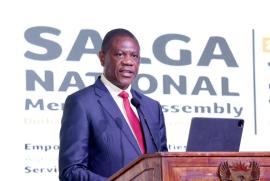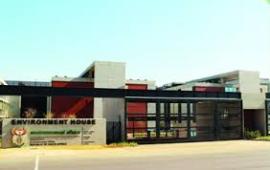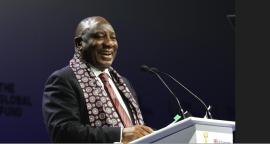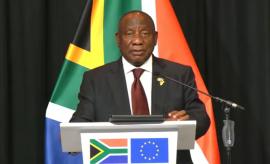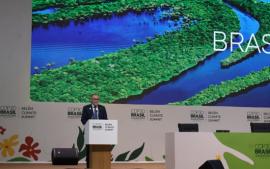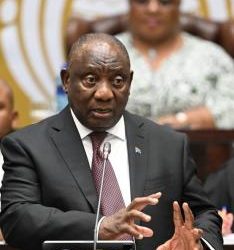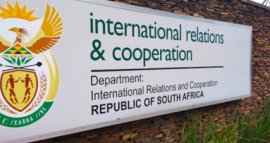In a robust Budget Vote debate reply, President Cyril Ramaphosa highlighted the achievements and challenges of South Africa’s young democracy, emphasising the importance of the Government of National Unity (GNU) and the country’s world-renowned Constitution.
The President’s response to the debate underscored the nation’s democratic progress, with the President pointing out that despite being only 31 years old, the democracy has made substantial improvements in citizens’ lives.
“We are counted as amongst the few [countries] who have the type of Constitution that we have, that upholds our people’s rights, where our people can even challenge government and take government to court and hope to win. And at times, they win. That is not easily allowed in many other countries, but that is what should make us proud to be South Africans,” he said on Thursday.
President Cyril Ramaphosa replied to the Presidency Budget Vote in Parliament after a day-long debate that took place yesterday.
President Ramaphosa noted the significance of the GNU, composed of 10 political parties, which has “continued to hold, even as it has had to weather many a storm”.
“And yet, despite those differences, the GNU partners have chosen to work together for the common good of all South Africans. It is a Government of National Unity.”
He also took the time to discuss the country’s advancements in creating a better life for everyone and efforts to tackle historical racial disparities.
“Yesterday, Honourable [John] Hlophe gave a laundry list of everything wrong in this country, and we are alive to the many challenges that we face. At the same time, we should not lose sight of the fact that this democracy, only 31 years old, has made great progress in improving the quality of life of its citizens, not to the level we want, [but] it has improved the life of its citizens.
“Some countries in the world have democracies dating back hundreds, even thousands of years. Our democracy, by comparison, is still very young.”
Highlighting concrete achievements, the country’s commander-in-chief cited millions of homes electrified, clean water provided to communities, and public housing for vulnerable populations.
He also took the time to address historical economic inequalities, discussing the Carnegie Report’s impact on white economic advancement, cited by the Freedom Front Plus’ Member of Parliament.
According to the country’s Head of State, the Carnegie Report into the “poor white problem” is “not a useful guide, as we confront the challenges of the democratic South Africa”.
He underscored that there was a huge disparity between the resources devoted to white schools and universities, white hospitals and clinics.
“More was spent on social grants, housing, agricultural support and social services for whites. When you were dispossessed of your land, it was the State that gave you the land, and today, black people do not have the land, and it is the State that must help them to get that land.”
The President’s reply also stressed the importance of accountability and collaborative governance, with the Presidency positioned as a strategic coordinator rather than an implementing department.
“The Presidency, and indeed the President, does not try accused persons or put them in orange overalls.
“The role of the Presidency is to ensure that the work of government departments is coordinated, and that Cabinet decisions and priority programmes are implemented.”
The President noted that 73% of employment comes from the private sector, underlining the need for government to create an enabling environment for economic growth.
The debate demonstrated South Africa’s commitment to open dialogue, repeatedly stressing the importance of honest discussion about the country’s past, while working towards a more equitable future.
The debate underscored the need for collective action to build a capable, ethical State and improve the quality of life for citizens. – SAnews.gov.za


